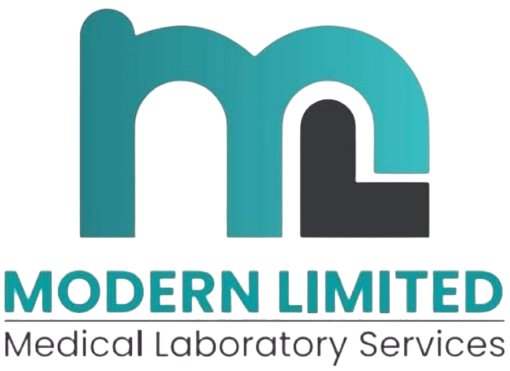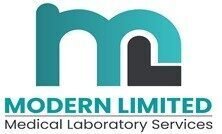Table of Contents
The Importance of Integrated Solutions
In today’s fast-paced world, accuracy, efficiency, and reliability are paramount in the field of clinical diagnostics, scientific research, and industrial laboratories. With advancements in technology and ever-increasing demands, traditional laboratory processes are being pushed to their limits. This is where integrated solutions step in to revolutionize the way laboratories operate.
Integrated solutions offer a comprehensive approach to laboratory workflows by combining hardware, software, and services into a seamless system. They streamline processes, enhance data management, and improve overall productivity. By integrating different components and functionalities, laboratories can achieve higher levels of accuracy, reduce errors, and cut down on time-consuming manual tasks.
Transforming Clinical Diagnostics
Integrated solutions have a profound impact on the field of clinical diagnostics. They enable healthcare professionals to provide faster, more accurate diagnoses, leading to improved patient outcomes. With integrated systems, laboratory technicians can automate routine tests, track samples, and manage data efficiently. This not only speeds up the diagnostic process but also minimizes the risk of human error, ensuring reliable results.
Moreover, integrated solutions facilitate seamless communication between different departments and healthcare providers. They enable the sharing of critical patient information, allowing for better collaboration and decision-making. This integration of data leads to a more holistic approach to patient care, ultimately benefiting both healthcare professionals and patients.
Revolutionizing Scientific and Industrial Laboratories
Integrated solutions are not limited to clinical diagnostics but also have a significant impact on scientific and industrial laboratories. From research institutions to manufacturing facilities, these solutions offer a wide range of benefits. They enable scientists and researchers to streamline their workflows, manage complex experiments, and analyze data more efficiently.
In industrial laboratories, integrated solutions improve quality control processes and enhance productivity. By automating repetitive tasks, reducing manual errors, and ensuring data accuracy, these solutions contribute to cost savings and increased efficiency. Integrated solutions also enable better traceability and compliance with regulatory standards, ensuring the highest level of product quality.

